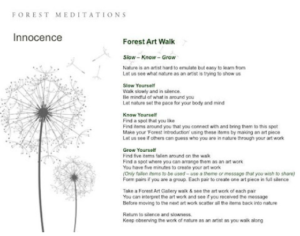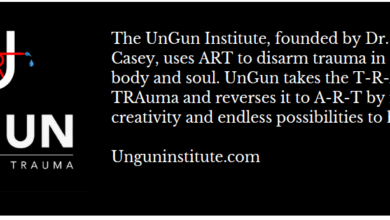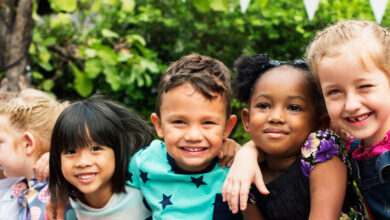The human being is a peculiar creature of nature thriving on consciousness that baffles and amazes at the same time. Our evolution in its current form is a collection of moments from millions of years and the one thing that is common over those millions of years is the presence of nature on every step of that evolution. We are all children of nature and while we, human beings know this as a fact, we often find ourselves acting in contradiction to it. Our connection to nature is absolute, once we acknowledge and accept this fact we begin to feel more at home and act accordingly.
The human body is a wonderful amalgamation of matter and consciousness. While matter is a tangible reality, consciousness often resides in the realm of the unknown. It is this unknown that fascinates humanity most. Since the dawn of consciousness as we know it today, we have been trying to find the depths from which it emerges and the depths into which it dissolves. Ironically, all traditions of the past and present continue to pursue this matter with no definite answer, except that which is embedded deep in subjective experiences. These experiences have been collated and curated into valuable traditions that help us to follow certain paths that enable some of us to touch upon those experiences subjectively. The value of these traditions are slowly beginning to show us the depths of collective and continued efforts. In this regard the tradition of “Yog” (Yoga) coming from the eastern mystical landscape is of significant importance.
While “Yog” (Yoga) might have evolved in the east, in its current state and form it is a universal practice of self-actualisation through a set of structured practices that strive for harmony between body, mind and spirit. Over time the oral traditions allowed for this idea to evolve into a more structured set of practices that aided in the process of individual union with the divine collective. The divine was not defined in its outset but it definitely included nature.
Nature and Yoga are interrelated, interconnected and Inter-dependent. Yoga derives most of its practices from its observation of nature. Take for example Patanjali’s Yogsutra which lays out the foundations of “Yog” the way it is practiced currently. In its eightfold path, it clearly gives importance to discipline and constraints, the human body, energy, senses, contemplation and deep meditation. The asana or posture which we commonly associate with the practice of Yoga can be seen to be derived mostly from the natural world – dog pose, cobra pose, mountain pose, tree pose, poses named on directions, animals, natural structures and more inspiration from nature that aids in benefiting the human body, mind and spirit.
Human Beings can find well being through various means that suit their sensibility, however, there is one universal master that is ever present and approachable, Nature. Nature contemplation is a way to find peace and calm for deeper connect with our roots and a means to reconnect with our source. Just like there are a set of practices that enable people to dive deeper into the meaning of life by exploring spiritual traditions for wellbeing, similarly there is a set of practices that can enable the same awareness through a deep immersion and connection with nature (sample practice provided below).
We welcome you to join us in journeying through some of these passages – Nature, Yoga and Human Body by World Weavers, September 19 & 26 for more information and to register go to https://worldweavers.com/programs/nature-yogaand-human-body/





